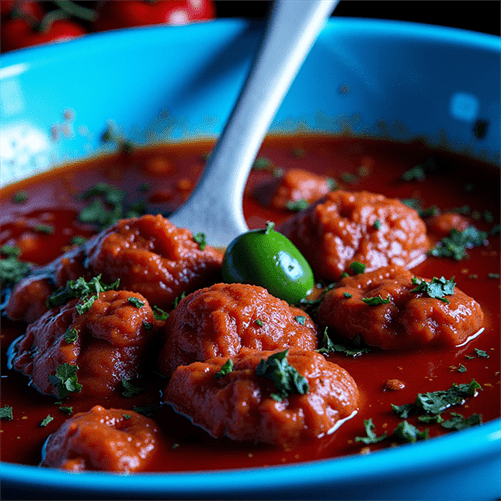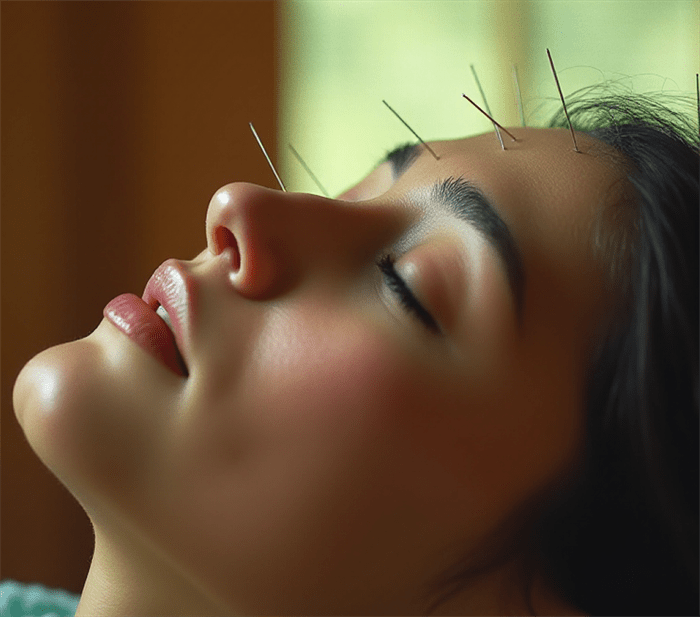Feeling like your appetite is running your life? You’re not alone. Whether it’s late-night snacking or irresistible cravings mid-day, learning how to master hunger cravings is key to achieving and maintaining a healthy lifestyle. In this guide, you’ll discover practical, science-backed strategies to take back control of your eating habits for good.
Understanding Hunger Cravings
Hunger cravings aren’t just about an empty stomach. They’re a complex mix of biology, psychology, and environment. These cravings often arise due to:
-
Blood sugar dips
-
Emotional triggers
-
Poor sleep habits
-
Habitual snacking
Unlike true hunger, which develops gradually, cravings tend to be sudden, specific (usually for high-calorie foods), and emotionally driven.
Understanding the root causes of hunger cravings empowers you to tackle them with greater precision. That’s what separates long-term success from endless cycles of frustration.
Who Needs Help with Managing Hunger Cravings?
Cravings affect everyone, but they’re particularly challenging for:
-
People starting new diets
-
Those dealing with stress or anxiety
-
Individuals with hormonal imbalances
-
People struggling with binge eating or emotional eating
If you find yourself eating when you’re not physically hungry, or if cravings control your food decisions, learning techniques for managing hunger is essential for your well-being.
Best Ways to Control Hunger Cravings
Dietary Changes
Making targeted adjustments to your diet can reduce the frequency and intensity of hunger cravings. Consider:
-
Protein-Rich Meals: Keep you full longer.
-
High-Fiber Foods: Slow digestion and stabilize blood sugar.
-
Healthy Fats: Improve satiety and support hormonal health.
-
Hydration: Dehydration often mimics hunger signals.
Try adding chia seeds, eggs, lentils, and avocados to your meals for effective appetite control.
Lifestyle Changes
Your habits shape your hunger patterns. Focus on:
-
Consistent Sleep: Poor sleep disrupts hunger hormones (ghrelin and leptin).
-
Mindful Eating: Pay attention to cues of fullness.
-
Scheduled Meals: Helps prevent impulsive snacking.
-
Stress Reduction: Chronic stress increases cravings for sugar and fat.
Psychological Techniques
Sometimes the battle is in the mind. Tactics include:
-
Cognitive Behavioral Therapy (CBT): Identifies and rewires craving triggers.
-
Visualization Techniques: Picture yourself overcoming the craving.
-
Distraction Tools: Engage in activities like walking or journaling during a craving wave.
These behavioral strategies help in managing emotional eating and fostering better food decisions.
Comparisons of Hunger Cravings Solutions
Over-the-Counter Medications
OTC appetite suppressants are widely available, but vary in efficacy. Ingredients like caffeine, green tea extract, or glucomannan may offer short-term benefits but require caution due to side effects.
Natural Remedies
Popular natural approaches include:
-
Drinking apple cider vinegar
-
Using herbs like fenugreek or garcinia cambogia
-
Consuming peppermint or ginger tea
These offer gentle, often low-risk options for curbing hunger.
Professional Counseling
For chronic cases, professional help is recommended. Nutritionists and therapists can develop tailored plans that include:
-
Medical assessments
-
Therapy for emotional triggers
-
Long-term habit change frameworks
This approach is ideal for those who’ve tried multiple strategies with limited success.
Reviews for Mastering Hunger Cravings Techniques
Customer Reviews
“The techniques in this guide helped me go from daily snack binges to mindful meals. I feel like I have control for the first time.” — Julie M.
“I never knew hydration played such a big role. Just drinking more water cut my cravings in half!” — David K.
Expert Opinions
Dr. Lena Zhou, registered dietitian, notes:
“Controlling hunger naturally starts with stabilizing blood sugar through food timing and fiber. This guide nails the fundamentals.”
Psychologist Dr. Aaron Ray adds:
“Cravings often mask emotional need. This guide provides both nutritional and cognitive solutions—rare and necessary.”
Where to Buy Hunger Cravings Management Guide
You can purchase the Hunger Cravings Management Guide directly from our store or find it featured in related wellness communities. Choose the digital or print version based on your preference.
FAQs on Mastering Hunger Cravings
Q: What is the best way to curb hunger cravings?
A: Combine high-protein meals, sleep hygiene, and stress reduction for long-term results.
Q: How to master hunger cravings?
A: Understand your triggers, apply dietary and lifestyle strategies, and track patterns over time.
Q: Who needs help with managing hunger cravings?
A: Anyone struggling with emotional eating, binge cycles, or diet inconsistency.
Q: What are the types of hunger cravings solutions available?
A: Dietary changes, natural remedies, OTC supplements, and professional counseling.
Q: Where can I buy a guide for managing hunger cravings?
A: From our online store, or linked resources in our wellness section.
Conclusion
Mastering hunger cravings is not about willpower alone—it’s about strategy, insight, and consistency. With the right tools, anyone can transform their eating habits and reclaim control.






